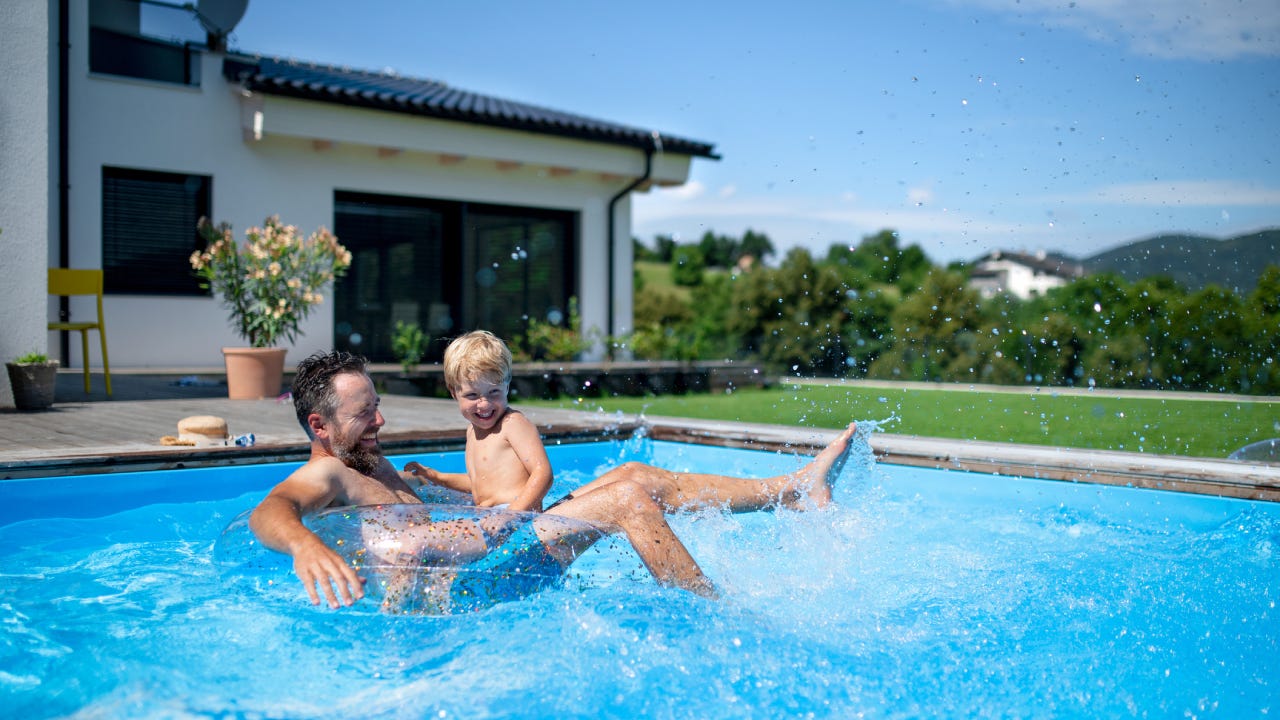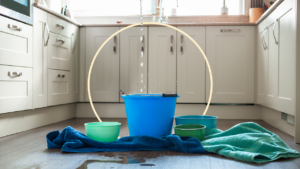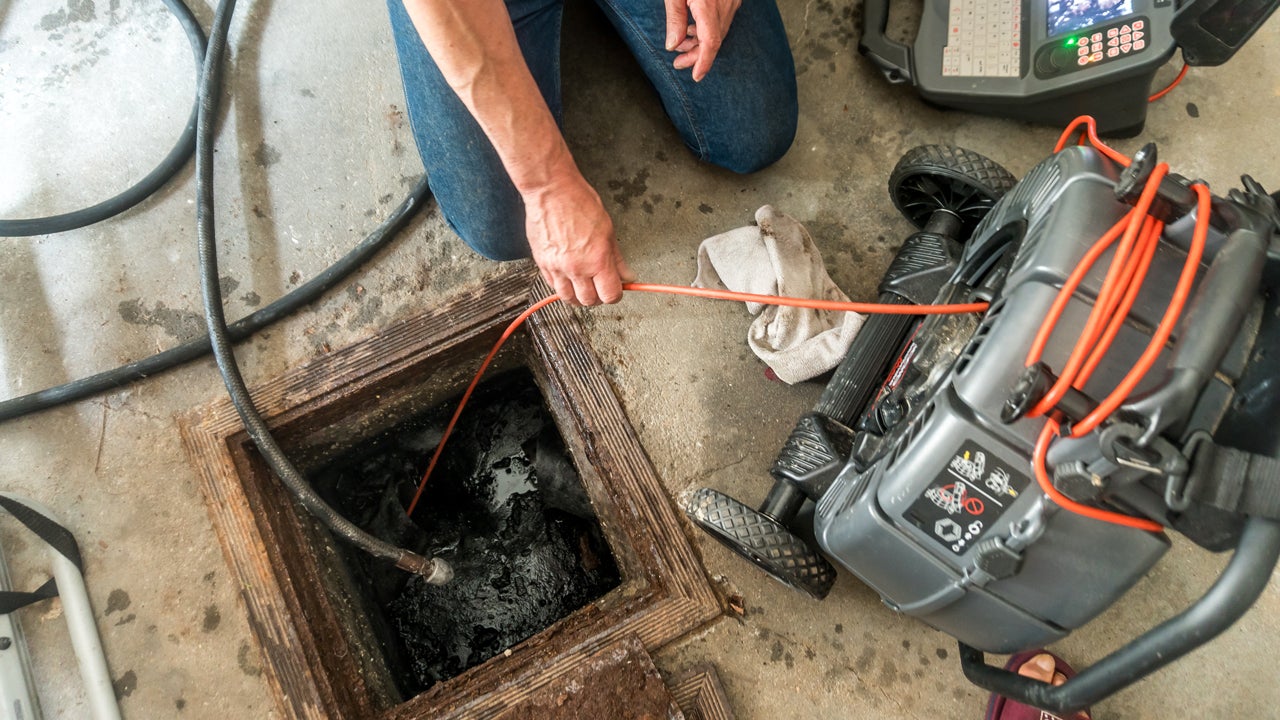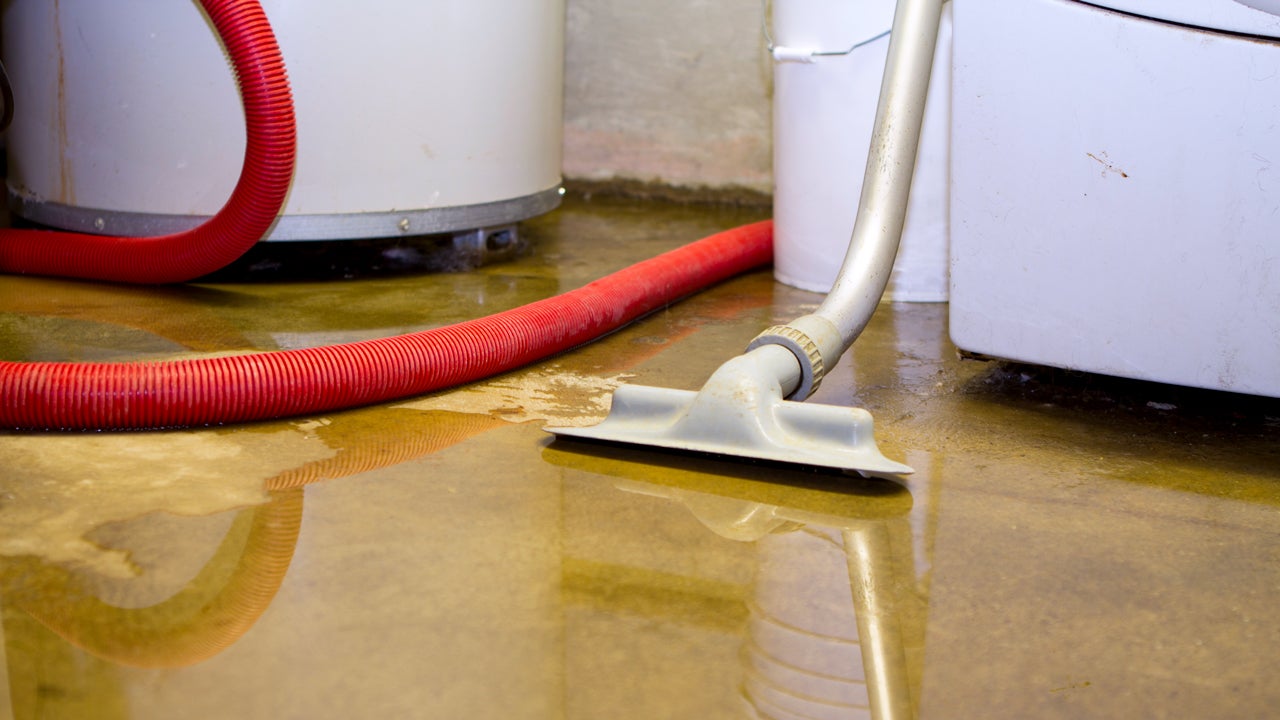Does homeowners insurance cover your swimming pool?

Key takeaways
- Not all property insurers will insure a home with a pool.
- The type of pool determines how it’s covered. Small above-ground pools may be considered personal property, while permanent above-ground pools and in-ground pools are usually deemed other structures. Indoor pools and outdoor in-ground pools that share the same foundation as the home are usually classified under dwelling coverage.
- Your personal liability coverage may not be enough to cover pool-related injuries. Insurance professionals recommend adding a personal umbrella policy for an enhanced level of financial protection if you have a swimming pool.
A swimming pool can offer great benefits to families during the summer months, and many homeowners either have one or have considered adding a pool to their property. But does a pool affect your homeowners insurance? Some insurers shy away from covering pools, because of the risk of accidents. Others may recommend higher levels of liability coverage if you have a pool. In this guide to swimming pool insurance costs, Bankrate’s insurance editorial team explains what you need to know to provide a safe, enjoyable pool experience while maintaining coverage that will protect you if your pool is the cause of an accident.
Does homeowners insurance cover pool damage?
Whether your homeowners insurance policy will cover your pool largely depends on your property insurance company. Some insurers will not issue a home insurance policy with a pool on the property, so you may have to shop around for providers and request quotes to find the right option. Other insurers or municipalities may have specific criteria that must be met before your policy goes into effect, such as:
- Having a self-latching, gated fence around the pool perimeter
- Placing lights around the pool to reduce the risk of someone slipping or falling
- Putting non-skid surface tape on your diving board
- Having a lock on your ladder into an above-ground swimming pool
Once you have homeowners coverage secured, personal liability coverage would extend to your pool, and damage to the pool itself would likely be protected under one of three coverage types on your policy — dwelling, other structures or personal property.
In most cases, above-ground pools are considered personal property, but not always. If your swimming pool is disassembled and stored for the winter, it will fall under the personal property category. However, some above-ground pools are designed to remain in place year-round and require mild land alterations. As such, these pools would be considered permanent and belong to the other structures category.
Since in-ground pools are permanent, they are typically classified as other structures, as well. Even when a homeowner builds a deck attaching the pool to the home, damage to the deck is covered under dwelling coverage and the pool is covered under other structures. However, indoor or outdoor pools that share the same foundation as the home are usually covered by dwelling coverage since they are genuinely attached to the home.
You may be wondering why it matters which coverage type pays out for a claim so long as your pool is covered. It’s important because the coverage limit you will have access to after a loss varies depending on the insurance type.
Personal property coverage applies to almost anything you own that is not attached to the dwelling. Basic above-ground pools can cost between $1,000 to $2,000, so you will likely have enough coverage if you need to file a claim.
However, other structures coverage is usually 10 percent of your home’s dwelling coverage limit. So for a home insured for $250,000, you would have a limit of $25,000 for all detached structures on your property. A covered claim that destroys a pool would also probably damage a homeowner’s deck, shed and detached garage — all of which are covered under the other structures limit. Anytime you add additional structures to your property, check with your insurance agent to make sure you still have adequate coverage. Most insurance companies allow policyholders to purchase additional other structures coverage if needed.
Does homeowners insurance cover pool-related injuries?
Your homeowners insurance may cover pool-related injuries depending on how the injury happens, what local laws exist surrounding residential swimming pools and which safety features you have in place. Homeowners insurance can pay injury claims through medical payments coverage or personal liability coverage. The main difference between these two coverage types is coverage level and negligence.
Medical payments coverage
Medical payments coverage provides payments toward medical-related expenses when a guest in your home gets injured, regardless of negligence. The coverage limit for medical payments is usually between $1,000 to $5,000, but higher limits may be purchased. This coverage aims to cover small medical claims before they escalate into a lawsuit. According to the Insurance Information Institute (Triple-I), the average claim under medical payments coverage between 2018 and 2022 was $13,081.
Personal liability coverage
Personal liability coverage limits usually start at $100,000 and go up from there. The average limit for most homeowners is $300,000. To access this coverage, the homeowner must be found negligent for bodily injury or damage sustained by another person or their property. Liability coverage can apply to medical payments, property, and pain and suffering. According to Triple-I, there are 0.07 claims for personal liability for every 100 households annually. The average claim paid out between 2018 and 2022 for personal liability was $31,690.
Having safety features in place to reduce the risk of injuries can also potentially help reduce your extent of liability. Many property insurers will ask you to put safety measures in place to limit the risk of pool-related injuries, like fencing in your pool with a locking gate or removing the pool’s ladder to help restrict access.
Choosing the right level of liability coverage is important to protect your financial well-being. Even if your liability coverage extends to pool-related injuries, consider speaking with an insurance agent to determine the right coverage limit for your home insurance with a pool.
What is an attractive nuisance?
Similar to playgrounds and trampolines, insurance companies deem swimming pools an “attractive nuisance.” An attractive nuisance is an artificial condition or device that attracts children and lures them into perilous situations. Children of “tender years” — generally under the age of eight depending on the state — do not have the capacity to understand the true dangers of certain situations or have the ability to save themselves when something goes wrong.
According to Cornell Law School, the attractive nuisance doctrine imposes a higher level of responsibility on homeowners who have created dangerous conditions that attract children to their property. Children receive the status of invitees, meaning whether they are trespassing or invited, they have the same level of protection under the law. Homeowners are usually required to provide warnings and/or minimize potential risks per city, county and state that dictate how fortified swimming pools should be. This is also why insurance companies have stringent underwriting and swimming pool insurance requirements.
How personal umbrella policies can help pool owners
Getting a personal umbrella policy is not required, but it is worth considering if you have a swimming pool on your property. Umbrella policies provide more financial protection than a standard homeowners policy. An umbrella policy adds liability protection beyond your existing homeowners insurance policy and generally applies once your homeowners liability limits have been exhausted.
With an umbrella policy, homeowners typically have $1 million or more in additional liability protection for both their homes and vehicles. Should someone die or become seriously injured while using your pool, an umbrella policy would help pay for their funeral or medical costs, as well as any of your legal fees from the incident.
Insurance companies require policyholders to have liability limits that meet specific guidelines before issuing an umbrella policy. Typically, most standard home insurance policies offer $100,000 to $500,000 in liability coverage. Still, costs like medical expenses could easily exceed even the highest liability limit coverage option on a standard homeowners policy. And if you do not have an umbrella policy and your standard homeowners policy is maxed out, you would need to pay any additional costs out of pocket.
What is not covered by insurance related to swimming pools?
As long as your insurance company does not exclude coverage for swimming pools, the same rules apply to swimming pools as any other structure or personal item. The following are some of the losses insurance will not cover for swimming pools:
- Pool damage from an excluded peril, such as an earthquake or flood
- Intentional damage to the pool done by the insured
- Damage from failure to maintain the pool
- Wear and tear
Insurance professionals recommend contacting your insurance agent to discuss policy coverage upon installing an in-ground or above-ground pool on your property. If your insurance provider inquires about your pool and you deny that there is one or state that there are safety measures in place that aren’t, your insurer could view this as material misrepresentation. Material misrepresentation is a valid reason for insurance companies to deny pool claims and possibly cancel the insurance policy mid-term.
We did a review of conversations in Reddit’s r/insurance forum to see what real homeowners are saying about their experiences with insurance when they own or build a pool. Following were a few of the comments we saw:
Reddit user review
*The quotes and citations included on this page have been verified by our editorial team and are accurate as of the posting date. Outlinked content may contain views and opinions that do not reflect the views and opinions of Bankrate.
Safety steps to take when you have a pool
Though your swimming pool will most likely be covered under personal property or other structures, you should consider following these steps to reduce the risk of injury or damage to your pool:
- Install a fence around the pool with a lockable gate. Pools are often alluring to the public, and a sturdy fence is a great first line of defense to prevent trespassers or young children from getting hurt. Many insurers will ask if your gate locks, and some insurers may ask for the height of your fence and require that it be a minimum of 6 feet tall.
- Install an alarm on your gate. Any door that leads to your pool should have an alarm that sounds whenever it is opened. The alarm should be loud enough that you can hear it anywhere in your house and should ring long enough that you clearly notice it.
- Never swim alone. Swimming alone can increase the chance of an accident happening. Even minor accidents can turn serious when no one else is around. Implementing a rule that no one swims alone can help keep everyone safe and ensure a fast response if an accident occurs.
- Teach swimming safety. If you have children, ensure that they learn how to swim and always supervise them when they’re in the pool. You should also teach them to avoid swimming near drains or suction outlets, which children can become trapped or entangled in.
- Get CPR training. CPR training is a valuable skill to have for everyone’s safety in and around the pool. CPR can save a life, and training is available through community centers, hospitals or by contacting agencies like the American Red Cross.
- Keep lifesaving equipment next to the pool. Be prepared in the event of someone struggling in the water. Keep round life preservers, rescue hooks or a reaching pole readily available to grab at a moment’s notice.
- Keep the area around the pool free of obstacles. Obstacles around the pool can increase the chance of injuries. Moving items like toys and chairs away from the pool can help keep people of all ages safe.
- Remove or raise ladders if possible. If your pool is above ground, consider removing or raising the ladder when your pool is not in use. This will help prevent people from getting into the pool without your permission.
- Inspect your pool regularly for signs of wear. Take time to frequently check the pool liner and structure for damage that could lead to accidents. For instance, check the liner for rips or inspect the metal supports for rust (if you have an above-ground pool).
Frequently asked questions
Why we ask for feedback Your feedback helps us improve our content and services. It takes less than a minute to complete.
Your responses are anonymous and will only be used for improving our website.
You may also like

Does homeowners insurance cover volcanic eruptions?

Does homeowners insurance cover roof leaks?

Does homeowners insurance cover sewer lines?

Does homeowners insurance cover water damage?



